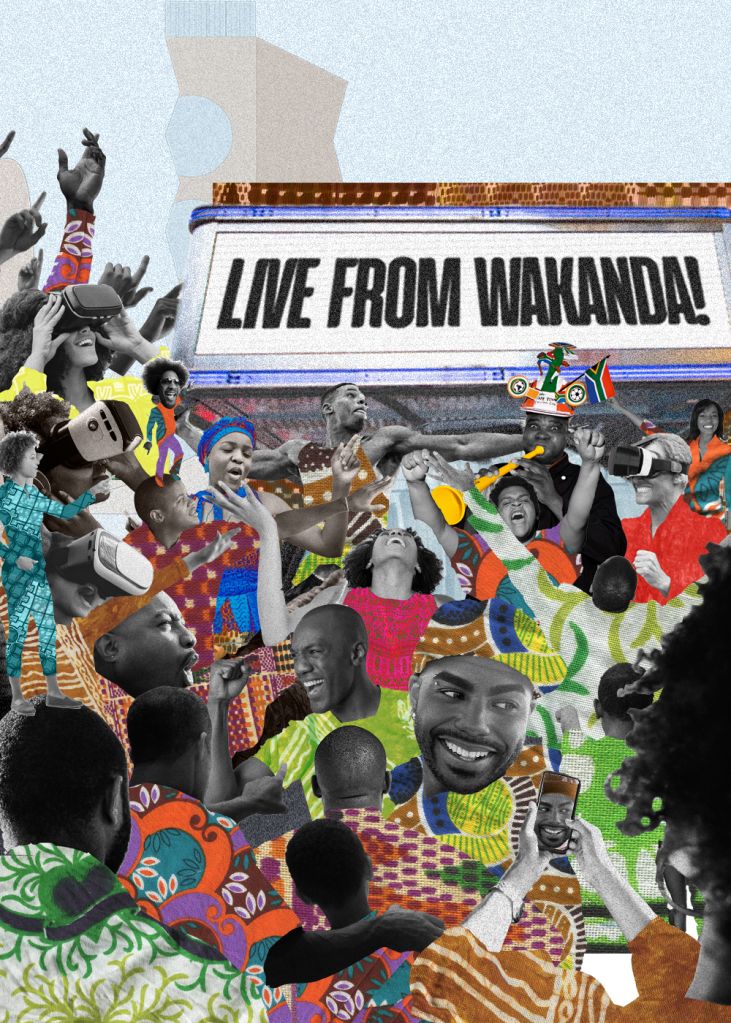
Source: X / iOne Digital
I was five or six years old the first time I was introduced to Black Eric, the kid who lived down the street from me in my Philadelphia neighborhood. When kids on my street said his nickname we uttered it as if it were a curse or a joke drawing laughter and finger pointing, disgust and looks of shame. His family was from Africa. To us, African sounded like the worst insult ever hurled at another human. He was just so black, so goddamn ugly—and we told him. I didn’t participate in the name calling, but I also didn’t protest. Looking back, that moment was a rite of passage for me as an African American. It was my first lesson in devaluing my very essence.
My mother was quiet when I told her about Black Eric and the ways the neighborhood kids picked on him. She slowly shook her head and said, “These children don’t know who they are, don’t understand the power that comes with being Black. How lucky that boy is to know where he’s from.” She dropped plenty of jewels that night, things I can’t recall, but I never forgot this: “And don’t believe Black people who are quick to tell you they’re mixed with Indian. They’re aren’t enough Cherokees in the world,” she said. “Those people just don’t think Black is enough.”
Am I enough? That is the question lingering in the minds of too many Black Americans as they navigate their lives. We’re constantly bombarded with messages that would suggest otherwise. And while some of us internalize the idea that our bodies—shit, our lives—are threatening to the well being of this country, plenty of Black Americans grow up and longing to search for our own truth in Africa. That truth tells us that, although we may not know or understand the millions of traditions rooted in various African countries, our connections to our homeland runs in our blood. It holds the memories of our collective strength, our richness, and our stunning beauty.
Wakanda is a great vision and it’s fun to show off our flyness when we show up to watch Black Panther, but the real opportunity is in the bridge we’ve started building between African Americans and Africans directly from the continent. We’re finally shining a light on the truth and telling the rest of the world that we are the only ones who can define who we are.
A few months ago, after a long day at the beach, my own children went out to hang out in our neighborhood park. A clueless white classmate of my oldest son walked up to him and said, “Wow, you are so dark.” “Thank you,” my son replied. “Thank you.”
What a Black ass time to be alive. And what a Black ass future awaits us if we continue to love Black people across the diaspora, on our streets and the one staring back at us when we look in the mirror.
















